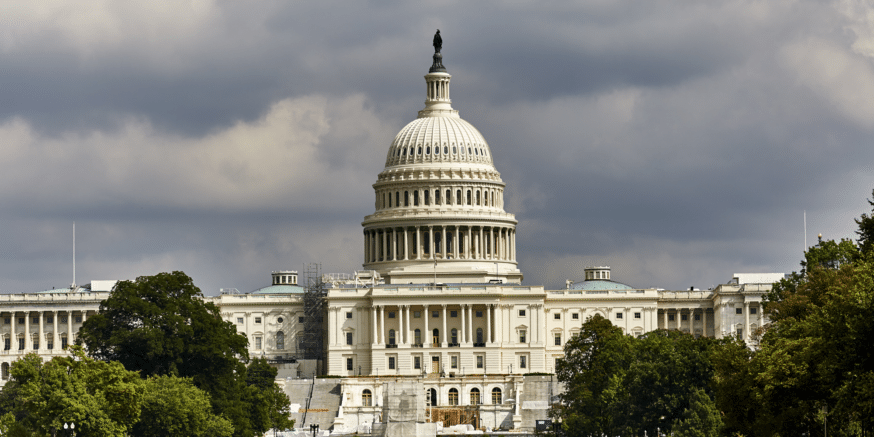TLDR
- Trump’s Working Group on Digital Assets released a 163-page crypto report outlining policy recommendations for US cryptocurrency regulation
- The report calls for clear definitions of which cryptocurrencies are securities versus commodities, with CFTC overseeing spot crypto markets
- Banking regulations should be eased to allow banks to custody crypto and provide digital asset services to customers
- The report supports stablecoins to protect US dollar dominance but opposes central bank digital currencies
- No new details were provided about the promised Bitcoin Strategic Reserve or crypto stockpiles
The Trump administration has released its most detailed cryptocurrency policy document to date, but the 163-page report leaves questions unanswered about the promised Bitcoin Strategic Reserve. The Working Group on Digital Assets published the report on Wednesday, outlining the government’s approach to regulating digital assets in the United States.
The document focuses on establishing clear regulatory frameworks for the crypto industry. One of the primary recommendations involves creating a “taxonomy” of digital assets that clearly defines which cryptocurrencies qualify as securities versus commodities.
Under the proposed structure, the Commodity Futures Trading Commission would oversee spot crypto markets. The Securities and Exchange Commission would maintain jurisdiction over tokens deemed to be securities. The two agencies would collaborate on crypto oversight to create a unified regulatory approach.
SEC Chair Paul Atkins responded positively to the report’s recommendations. He stated that a rational regulatory framework would catalyze American innovation and protect investors from fraud. The framework aims to maintain US leadership in global capital markets.
Banking and Stablecoin Regulations
The report recommends easing banking regulations to allow financial institutions to custody cryptocurrencies. Banks would be permitted to provide digital asset services to their customers under the proposed changes. The working group also called for streamlining the bank charter acquisition process.
Stablecoins received particular attention in the policy document. The authors emphasized the importance of embracing stablecoins to protect US dollar hegemony globally. The report highlighted stablecoins’ ability to coordinate with law enforcement for asset freezing and seizure.
The administration continues to oppose central bank digital currencies. The report urged Congress to pass the CBDC Anti-Surveillance State Act, which would prohibit research and development of a US CBDC.
President Trump recently signed the GENIUS stablecoin bill into law. This legislation requires regulations governing US stablecoin issuers and represents early progress in the administration’s crypto agenda.
Tax Policy Recommendations
The report calls for Congress to establish custom tax policies for cryptocurrencies. These policies would account for unique features of digital assets, including staking rewards. The proposed legislation would treat digital assets as a new class of assets with modified tax rules.
The tax recommendations echo proposals from Senator Cynthia Lummis, who chairs the Senate Banking Committee’s digital assets subcommittee. Her legislative package aims to reduce burdens on crypto users through various tax revisions.
Missing Bitcoin Reserve Details
Despite industry anticipation, the report provided no new information about the Bitcoin Strategic Reserve. The crypto stockpile initiative appeared only on the last page with a broad summary. Senior administration officials indicated that infrastructure for the project is underway and more details will come soon.
Bo Hines, one of Trump’s top crypto advisers, previously suggested the administration might not make the reserve report public. The lack of specifics disappointed many crypto observers who hoped for concrete details about funding and implementation.
The proposed reserve would initially rely on assets seized by government agencies. However, the administration has hinted at exploring other funding mechanisms for the stockpile.
The Crypto Council for Innovation praised the report’s comprehensive approach. CEO Ji Kim highlighted the document’s coverage of decentralization, market structure, tax policy, and global competitiveness as constructive steps forward.
The report serves as a guidepost for measuring the government’s progress on crypto policy throughout 2025.







